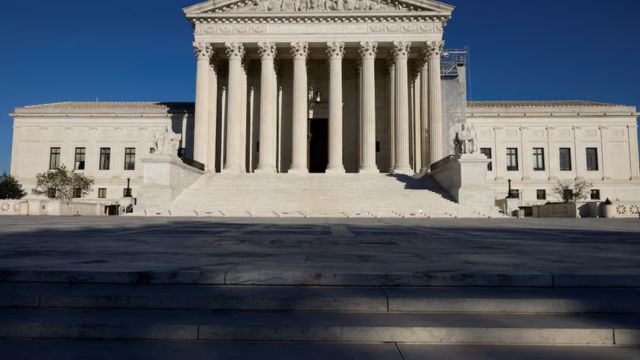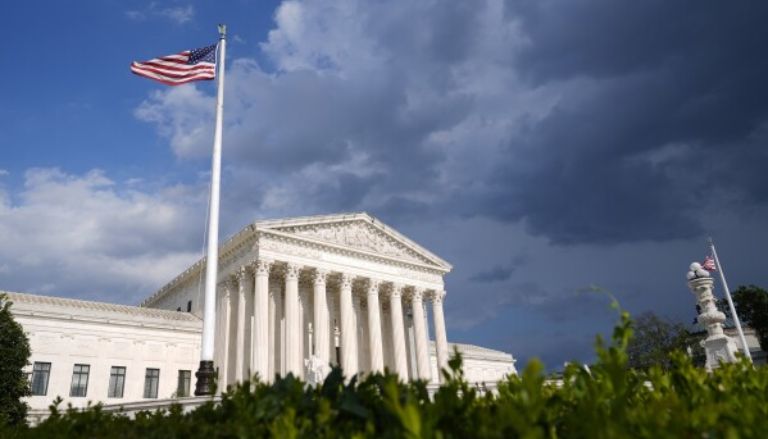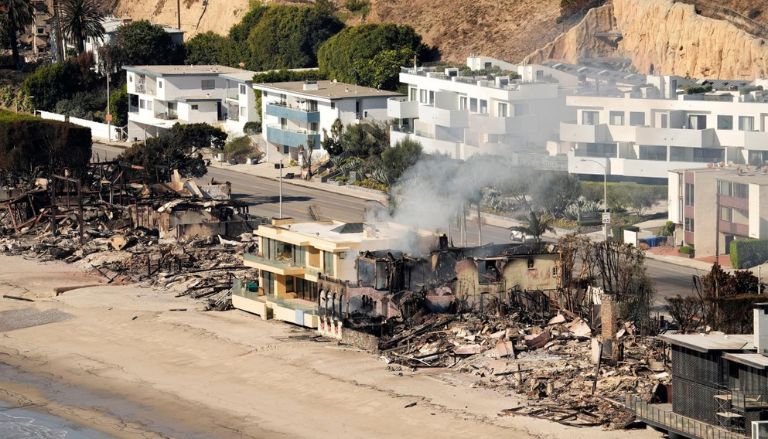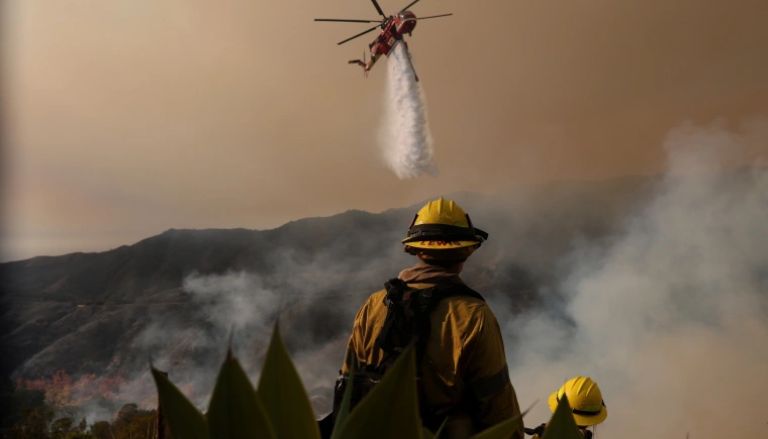IN WASHINGTON – Honolulu sued Sunoco and other oil companies, saying they lied to the public for decades about the risks of climate change caused by burning fossil fuels. On Monday, the U.S. Supreme Court refused to hear their case.
The oil companies tried to appeal a ruling by Hawaii’s highest court that let the lawsuit go forward, which claimed violations of state law. However, the justices did not agree. Exxon Mobil, BP, Shell, ConocoPhillips, BHP Group, Marathon Petroleum, and Chevron are some of the other companies being sued.
The city, county, and the Honolulu Board of Water Supply, which is part of the city but has some independence, filed the suit in 2020. The people who filed the lawsuit said that the companies’ false statements about the effects of their fossil fuel goods led to damage to property and infrastructure from climate change caused by humans.
The claimants have asked for money damages that are not clear. Honolulu is on the island of Oahu in Hawaii.
The case said that a wastewater treatment plant would have to be retrofitted against sea level rise, which would cost hundreds of millions of dollars and cause other harms. It also said that heat waves caused by climate change had put a lot of stress on the city’s electrical grid.
The move by the Supreme Court was praised by Ben Sullivan, who works for the City and County of Honolulu’s Office of Climate Change, Sustainability, and Resilience.
The people of Honolulu and the rule of law should be proud of today. As Sullivan said, “This important decision upholds our right to enforce Hawaii laws in Hawaii courts, protecting Hawaii taxpayers and communities from the huge costs and effects of the climate crisis caused by the defendant’s misconduct.”
A number of U.S. cities and towns have sued companies that extract, create, distribute, or sell fossil fuels, seeking monetary damages. They say that these companies’ actions cause climate change by releasing carbon dioxide and other “greenhouse gases.”
“Defendants have known for more than 50 years that greenhouse gas pollution from their fossil fuel products would have a significant adverse impact on the Earth’s climate and sea levels,” the suit in Honolulu said.

The companies did not tell people about the known harms of using their products or work to lessen those harms. Instead, the lawsuit said, they “hid the dangers, spread false and misleading information, tried to weaken public support for greenhouse gas regulation, and ran massive campaigns to encourage people to use their products more and more,”
The case said that because of this behavior, the average sea level will rise a lot along the Honolulu Pacific coastline. This will lead to flooding, erosion, and beach loss, and there will be more extreme weather in the area.
The companies asked the judge to throw out the case, saying that the claims made under state law were blocked by federal law because the Hawaii laws wanted to control emissions or trade between states, which is something only the federal government can do.
Judge Jeffrey Crabtree of the Hawaii Circuit Court said no to that request. In October 2023, the Hawaii Supreme Court supported the judge’s decision. This made the oil companies want to appeal to the full court.
The suspects tried to take the case to federal court, but in April 2023, the U.S. Supreme Court said no.







Leave a Comment